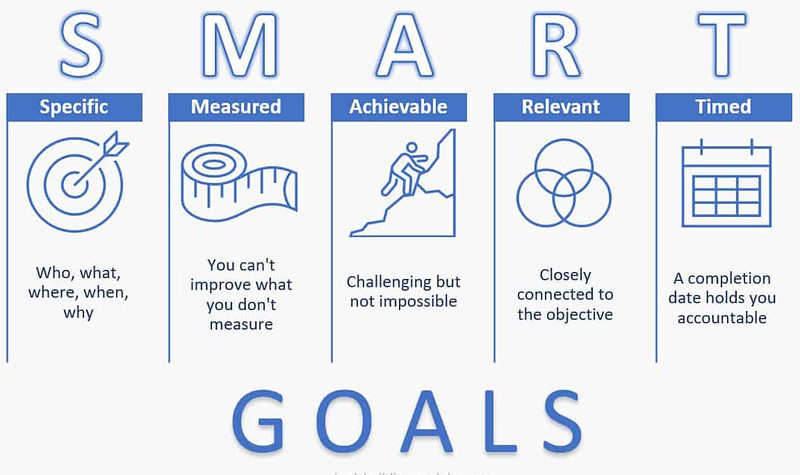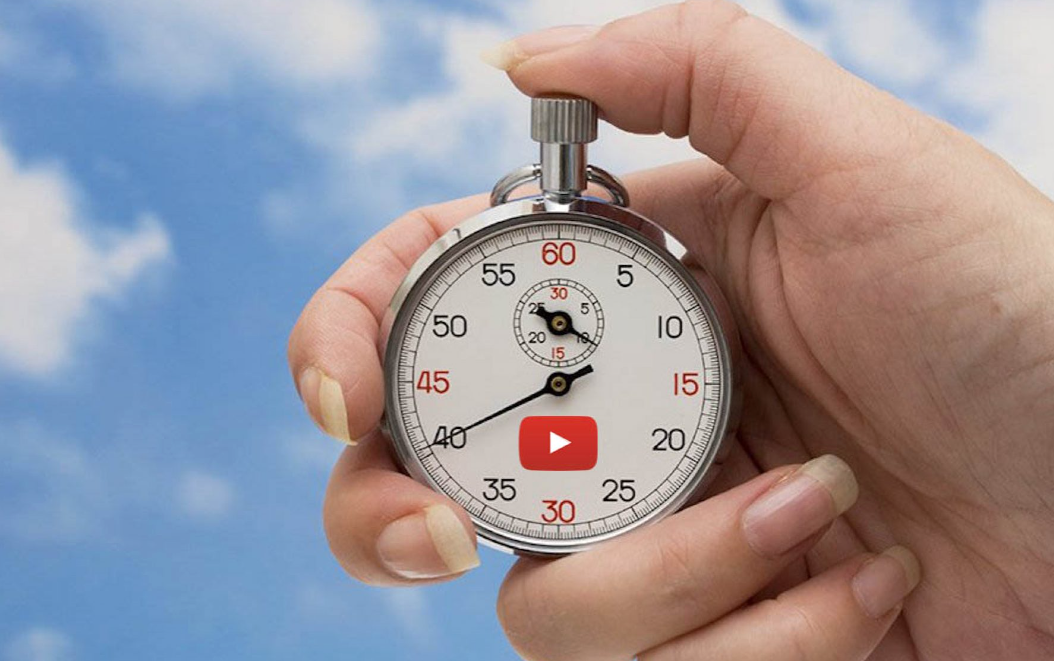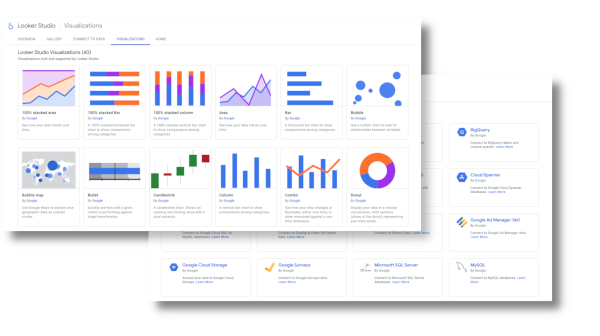Understanding how to measure content marketing success forms the bedrock of an effective marketing strategy. Without an accurate assessment of the impact of your content, you simply shoot in the dark, hoping your efforts yield desirable results. This approach can leave you with intangible outcomes and a fragmented strategy. Measuring your success helps align your strategy, ensuring that every piece of content created contributes to your overarching goals.
This article will explore various ways to measure content marketing success effectively.
- How To Measure Content Marketing Success: Setting The Right Goals
- How To Measure Content Marketing Success: Comprehensive KPIs Beyond the Basics
- How To Measure Content Marketing Success: Leveraging Technology for Measurement
- How To Measure Content Marketing Success: Qualitative Measurement Strategies
- How To Measure Content Marketing Success: Competitor Benchmarking
- How To Measure Content Marketing Success: Predictive Analytics And Future Trends
- How To Measure Content Marketing Success: Reporting And Communicating Success
- Unlock Your Content Marketing Potential with Flying V Group
- FAQs
How To Measure Content Marketing Success: Setting The Right Goals
Setting the right goals is an essential first step in understanding how to measure content marketing success. These objectives should guide your strategy and provide a benchmark for measurement.
- Objective-Based Strategy: Content marketing objectives align with broader company goals, like building brand awareness or generating leads. Consequently, defining success might differ. For instance, success in content marketing for brand awareness could be high content engagement, while lead generation might gauge success on the number of leads generated.
- SMART Goals: By taking the SMART (Specific, Measurable, Achievable, Relevant, Time-bound) approach, you can develop more actionable goals. Here are specific examples tailored to content marketing:
- Increase website traffic by 20% in the next quarter
- Boost newsletter subscriptions by 15% within six months
- Improve blog post engagement rate by 10% in the next month

These clear, concise goals will pave the way for effective content marketing measurement.
How To Measure Content Marketing Success: Comprehensive KPIs Beyond the Basics
Content marketing success goes beyond surface-level indicators. Comprehensive Key Performance Indicators (KPIs) dive deeper into audience-related metrics and the effectiveness of your content pieces.
Engaging Metrics
Engagement metrics such as time spent on the page or interaction rates are critical measures of success. These can provide meaningful insights into audience response:
- Time on Page: A high time on page means readers find your content engaging.
- Interaction Rates: High interactions, including likes, shares, and comments, indicate content resonance with your audience.
Behavioral Insights
Analyzing behavioral data like scroll depth and video watch time can significantly impact content effectiveness:
- Scroll Depth: This emphasizes whether readers engage with content till the end or drop off midway.
Video Watch Time: It reflects your audience’s actual interest and engagement level in your multimedia content.

Conversion Attribution
Properly attributing conversions directly to content pieces is another advanced technique for measuring marketing success. A clear link between content and conversions allows for precise optimization. Attention should be paid to:
- Direct conversions that happen as a result of a specific content piece
- Assisted conversions where a particular content piece played a part in the conversion path
Together, these comprehensive KPIs offer a holistic view of your content marketing success.
How To Measure Content Marketing Success: Leveraging Technology for Measurement
Embracing advanced technologies can streamline the measurement process, giving a richer understanding of content performance.
Analytics Tools
While standard tools like Google Analytics are prevalent, other underutilized platforms offer varied insights for measuring content marketing success.
- Semrush: Provides content analysis, competitor keyword research, and SEO auditing
- BuzzSumo: Aids in discovering content that’s performing best in your niche
Integration Tactics
Integrating data sources enables a comprehensive view of your content performance. It involves:
- API Integration: Combining different data sources through APIs enriches your analysis.
- Consolidated Dashboards: Use tools like Google Looker Studio to consolidate metrics from different platforms into a single view.

By leveraging these technologies, firms can understand their content performance comprehensively, enabling more informed decision-making processes to enhance content marketing success.
How To Measure Content Marketing Success: Qualitative Measurement Strategies
Quantifiable metrics provide a solid foundation for measuring your content marketing success. However, qualitative measurements like customer feedback and content audits add an additional layer of evaluation.
Customer Feedback
Collecting and analyzing customer feedback offers direct insights into content efficacy.
- Survey Tools: Use tools like SurveyMonkey to collect customer feedback on content relevance and usefulness.
- Social Listening: Monitor social media platforms for brand mentions and customer sentiment towards your content.
Content Audits
A content audit is a careful study of the existing content to identify gaps and measure content performance.
- Compilation: Compile a list of all your content pieces and document important details like publication date, author, and performance metrics.
- Analysis: Evaluate performance patterns, audience engagement, and identify content gaps.
- Improvement Plan: Based on your audit, formulate a plan for content improvement, including revising outdated content and generating new high-performing content types.
Combining qualitative measurements with quantitative data can give you a more holistic understanding of your content marketing performance.
How To Measure Content Marketing Success: Competitor Benchmarking
Utilizing competitor data and understanding your market position allows you to establish practical benchmarks and effectively measure content success.
Competitive Analysis
Competitor data can be leveraged to measure performance and inform strategy:
- Competitor Content Audit: Analyze competitors’ content for insights into what works well with your target market and set equivalent benchmarks.
- Keyword Analysis: Use tools like Semrush or Ahrefs to understand the keywords your competitors are ranking for and their content performance on those keywords.
Market Positioning
Assessing your content’s performance concerning your market position amplifies its success.
- Unique Value Proposition: Evaluate how well your content communicates your unique selling points and compare this with your competitors.
- Audience Perception: Gauge your content’s success on how well it resonates with your target audience and improves their perception of your brand in the market.
By benchmarking against competitors and engaging with your market position, you can better align your content marketing strategy for success.
How To Measure Content Marketing Success: Predictive Analytics And Future Trends
Predictive analytics and emerging metrics are game-changers in forecasting content performance and redefining success measurement.
Predictive Modelling
Predictive analytics involves using historical data to predict future content performance.
- Data Modeling: Build predictive models based on historical content and traffic data.
- Future Trend Identification: Use these models to identify potential future trends in content marketing and prepare your strategy accordingly.

Emerging Metrics
New metrics that can redefine success measurement are continually surfacing.
- Voice-Search Optimization: With voice search on the rise, its optimization measurement becomes crucial.
- Personalization Index: A measure of how personalized your content appears to different audience segments.
Both predictive analytics and awareness of emerging trends help stay ahead in the competitive world of content marketing. Trends should guide future strategies for content marketing success.
How To Measure Content Marketing Success: Reporting And Communicating Success
It’s important not only to measure results effectively but also to communicate them in a manner that stakeholders can easily understand and appreciate.
Visual Reporting
Best practices for creating visual reports include:
- Include concise, easy-to-understand graphs and charts.
- Use color coding to differentiate between key metrics.
- Keep the design clean and organized to highlight important data clearly.
Storytelling with Data
When backed by solid data, a compelling story can justify marketing investments. Here’s how to create one:
- Use data to highlight success and areas for improvement.
- Craft a narrative around your content’s journey, from creation to conversion.
- Tie your data to the broader business objectives to show the value of your content marketing efforts.
Through effective reporting and data storytelling, content marketing teams can illustrate their contributions to the organization’s success and ensure continued support and resources.
Unlock Your Content Marketing Potential with Flying V Group
Attaining mastery over how to measure content marketing success can be a tough nut to crack. You could be facing the problem of analyzing complex data or struggling with conveying your success to stakeholders.
At Flying V Group, we solve these problems seamlessly. We not only create a well-defined content marketing strategy for you, but with specialized experience and expertise, we also demystify content marketing metrics for you. We provide clarity about your campaign’s triumphs, presenting them in a visually engaging manner that’s easy to understand. With us, the success you’ve been yearning for might just be a phone call away.
FAQs
How do you measure marketing success?
Marketing success is measured by evaluating key performance indicators (KPIs) such as return on investment (ROI), conversion rates, website traffic, lead generation, and customer engagement metrics against the set marketing objectives and goals.
Which of the following is a KPI for determining success with content marketing?
A KPI for determining success with content marketing includes engagement metrics (likes, shares, comments), conversion rates, website traffic from content, time spent on page, and the number of backlinks to content pieces.
How do you measure content marketing ROI?
Content marketing ROI is measured by calculating the return generated from content marketing activities (increased sales, leads, or other conversion metrics) minus the cost of producing and distributing content, divided by the content cost, and then multiplied by 100 to get a percentage.
How do you measure content creator success?
Content creator success is measured by analyzing audience engagement (likes, shares, comments), growth in followers or subscribers, content reach, viewer retention rates on videos, and the creator’s ability to drive actions, such as website visits or product purchases.
What are the four criteria of measuring success in marketing?
The four criteria of measuring success in marketing are: 1) Achieving set objectives (sales targets, lead generation), 2) ROI (return on investment), 3) Customer engagement and satisfaction levels, and 4) Market share growth and brand recognition improvements.






0 Comments